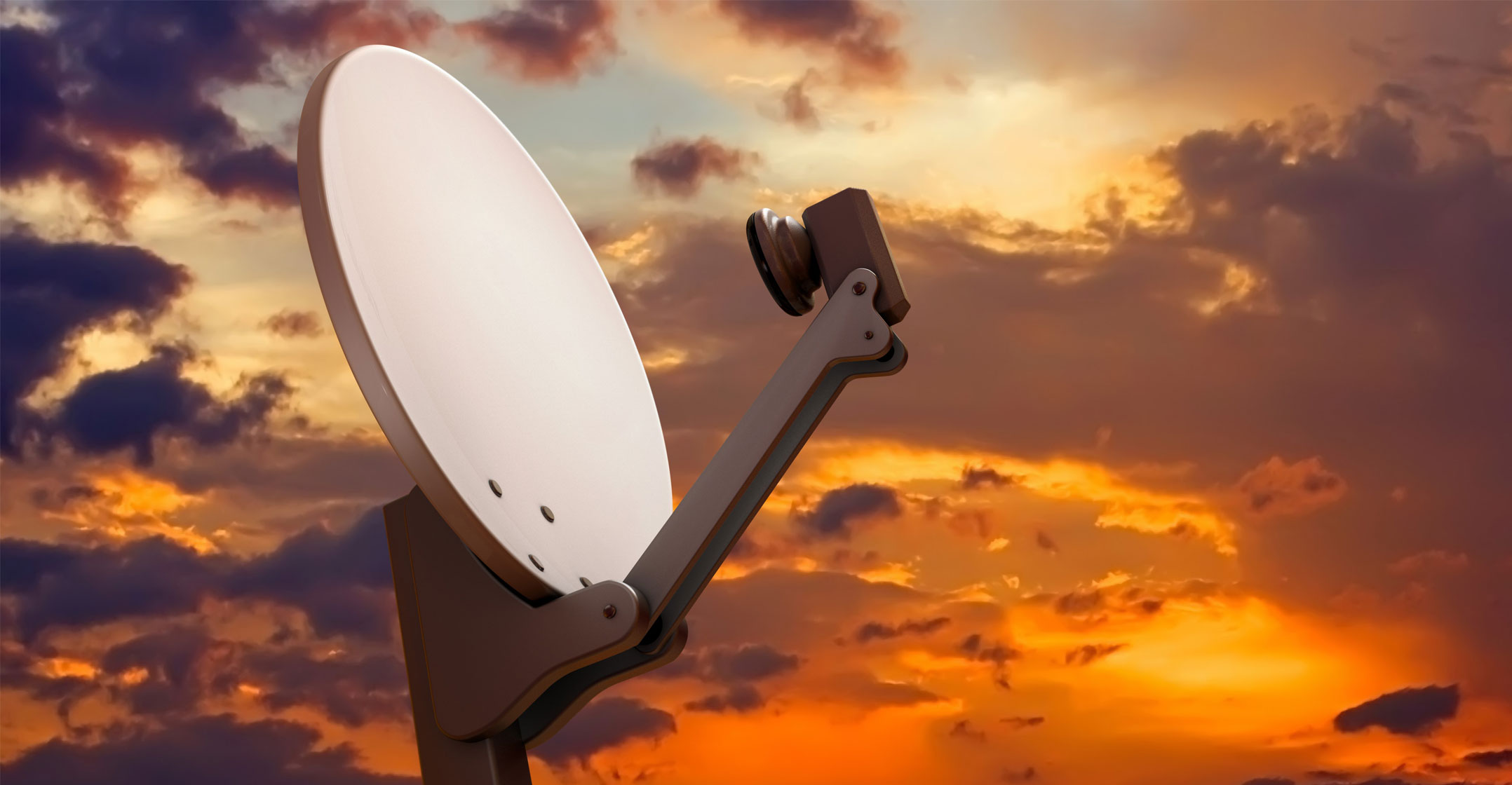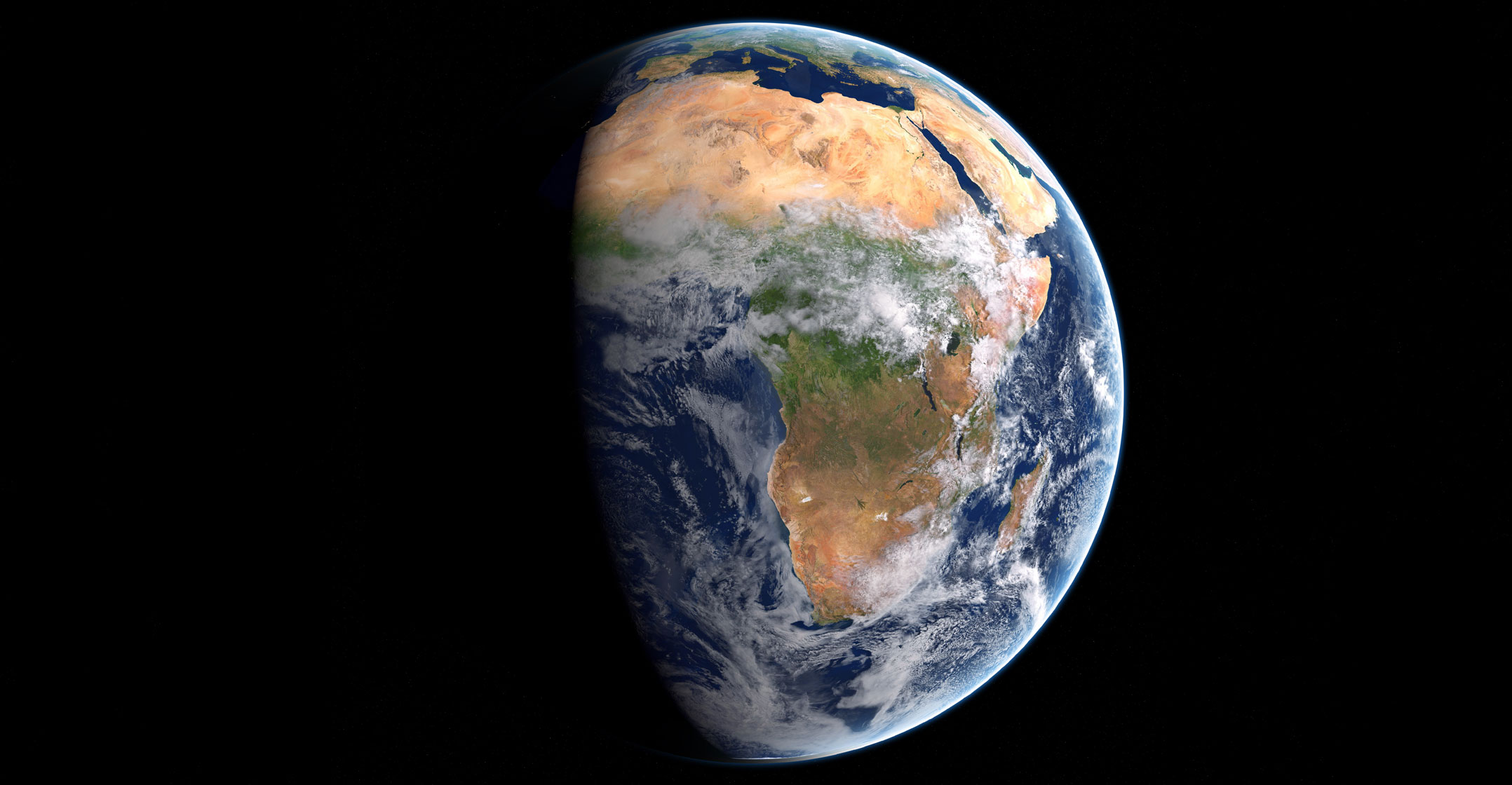
When Chinese media company StarTimes entered Ivory Coast’s pay-TV market two years ago, Canal+ appeared to take notice. A few months later, the unit of France’s Vivendi cut the cost of its decoder by a third.
StarTimes has since signed up 100 000 subscribers in the West African nation, offering soccer matches, movies and even Chinese soap operas in a market where, only a decade ago, most people were limited to two state-controlled TV channels. With bouquets ranging between US$7.75 and $25.80/month, it’s dipped just below the cheapest Canal+ package at $8.60 monthly. That’s helped the Beijing-based company pass the 10 million subscriber mark across sub-Saharan Africa.
The region is the fastest-growing pay-TV market globally, with the number of customers expected to almost double to 41 million in five years, according to London-based Digital TV Research. Greater access to broadband, low-cost mobile data and new entrants like StarTimes mean that incumbent pay-TV businesses — Canal+ and Naspers’s DStv — have been forced to bring down prices and offer locally produced content to stay competitive.
“For a long time, Canal+ has enjoyed considerable growth in francophone Africa, while DStv has stayed in English-speaking countries in some sort of gentleman’s agreement between the two companies,” said Simon Murray, an analyst at Digital TV Research. “Now, there’s a lot of competition, with the Chinese being the most ambitious.”
While the battle for subscribers began in English-speaking countries, it’s reaching markets such as Ivory Coast, the biggest economy and wealthiest nation of francophone West Africa. With a population of 22 million people, of which about 60% is younger than 25 years, competition between the pay-TV channels has been fierce, Zou Lu, head of StarTimes for French-speaking Africa, said in an interview in Abidjan, the commercial capital.
“Ivory Coast is an attractive market because of its high purchasing power,” he said. “It’s also very challenging because people are demanding. They want more content and, above all, better quality.”
Canal+ had 557 000 subscribers in Ivory Coast by the end of last year and DStv had 4 000 viewers, according to data compiled by Murray. DStv was used by 13.5 million households throughout Africa as of end March, Naspers said last week.
The arrival of StarTimes came as Canal+ changed its Africa strategy. While it used to import French TV programmes for expatriates and wealthy customers, it’s now developing and producing content specifically for African audiences. In 2014, it launched A+, an Africa-focused channel based in Abidjan.
Reality TV
Among its biggest successes is a reality-TV show called Koiffure Kitoko, a contest between hairdressers from eight countries who, armed with scissors and straightening irons, compete to create the most spectacular hairstyle. The group also produces an African version of America’s Got Talent, as well as soap operas shot in Ivory Coast, Mali and Senegal.
“The market has clearly changed,” said A+ MD Damiano Malchiodi. “There’s a high expectation from African viewers to showcase what’s happening on the continent.”
That strategy has paid off: Canal+ added nearly 1.5 million users in two years and had 3.5 million users in the continent at the end of last year, a 67% increase on 2015.

But it’s not just in pay-TV where the competition is heated: Ivory Coast is opening up its traditional channels and migrating to digital terrestrial TV. Authorities will allow four private TV channels to start broadcasting by the end of the year, ending the 50-year monopoly of the state-owned Radiodiffusion Television Ivoirienne, or RTI. Even the public broadcaster has ramped up investment in content production over the past few years.
Comedy is also on the rise. Another flagship production of Canal+ is Le Parlement du Rire, or The Parliament of Laughter, a mix of farce and political satire taking place in a fictitious nation called “The very very democratic Republic of Gondwana”. The show is popular because it points at the flaws of some African democracies, said Mamane, the Nigerien comedian who created it.
“TV is becoming more important because more people can afford it,” Mamane said in an interview as the show’s fifth season was shot in front of a rambunctious live audience in Abidjan. “While TV viewers are decreasing in Europe, audiences are growing in Africa — and it’s the young people who are watching, which means there are plenty of opportunities to expand.” — Reported by Olivier Monnier and Katarina Hoije, (c) 2018 Bloomberg LP




